Reparations are a Human Right: The 21st Century Reparations Paradigm Paper delivered by Kamm Howard, January 15, 2014 at the 8th Pan African Conference held in Johannesburg, Azania (South Africa)…
N’COBRA’s Testimony at The State of Civil and Human Rights in the United States Hearing Before the Senate Judiciary Subcommittee on the Constitution, Civil Rights, and Human Rights Submitted by…
The poignant and soul-searching scene in the movie ‘Selma’ when Dr. Martin Luther King Jr. calls gospel legend Mahalia Jackson in the dead of night…
As they strive to solve the public crisis of police use-of-force incidents, illuminated again by the deaths of several black victims last year, officials from the White House on down…
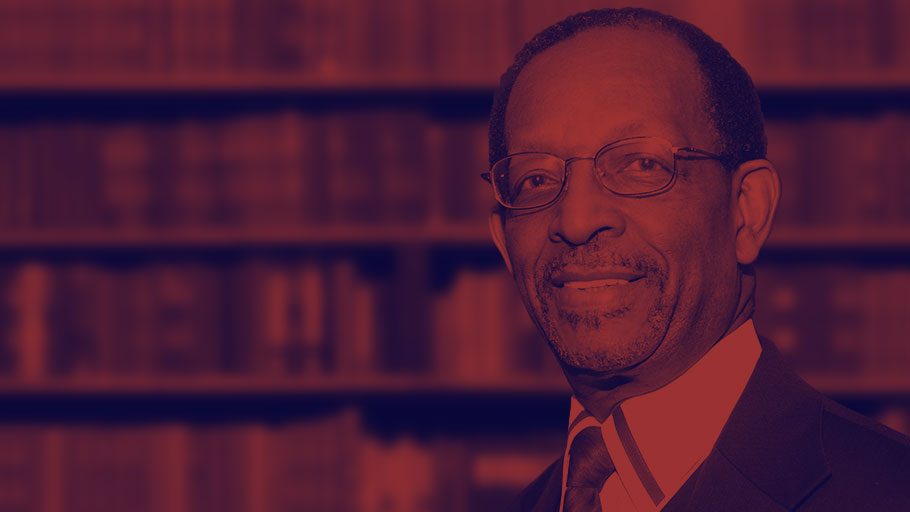
The 50th Anniversary of Bloody Sunday, the Selma to Montgomery March, and the passage of the historic Voting Rights Act of 1965 and Dr. Martin Luther King’s role in these events is correctly capturing the imagination of Black America. But, there is another set of events that should also receive attention of our people.
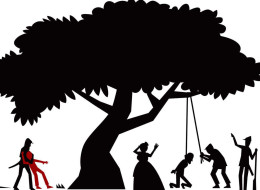
ATLANTA, Feb 10 (Reuters) – Lynchings in which mobs raided jailhouses to hang, torture and burn alive black men, sometimes leading to public executions in courthouse squares, occurred more often in the U.S. South than was previously known, according to a report released on Tuesday.
Conservative critics are in hysterics thanks to a few short remarks made by President Barack Obama on the subject of Christian history during Thursday’s National Prayer Breakfast.
By Jamil Smith @JamilSmith There is a quiet scene in Ava DuVernay’s Selma that speaks powerfully to our current civil rights moment. The Rev. Dr. Martin Luther King, Jr. takes…
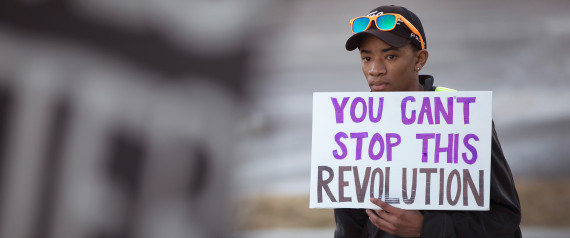
It was 1987, and my 13-year-old interaction with mainstream news and entertainment media was a martial one. I felt it as a daily pain, the way each and every criminalizing descriptor peeled back my dignity to the raw shame of being found perpetually guilty.
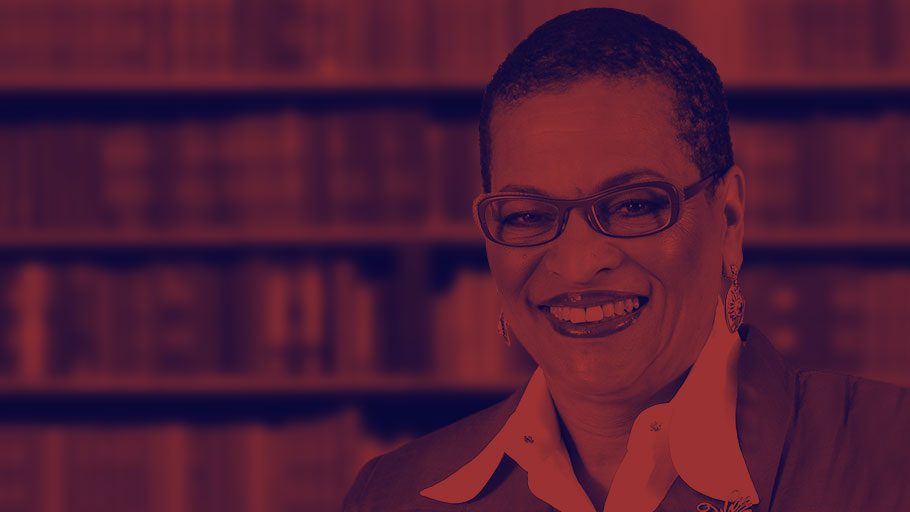
I like Senator Elizabeth Warren (D-Mass.). Her progressive ideas are just what we need while Hilary Clinton is straddling the fence, and still cozying up with bankers.
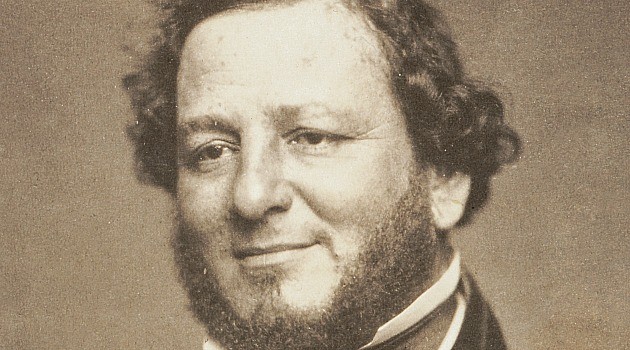
The 150th anniversary of the abolition of slavery in the United States — Congress passed the Thirteenth Amendment in late January 1865 — comes at an fraught moment in the history of race relations.
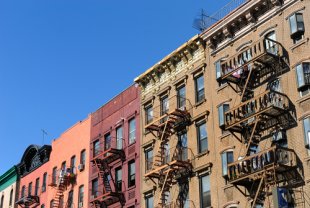
This week, the U.S. Supreme Court will take up one of the most important civil rights cases of the last decade.














